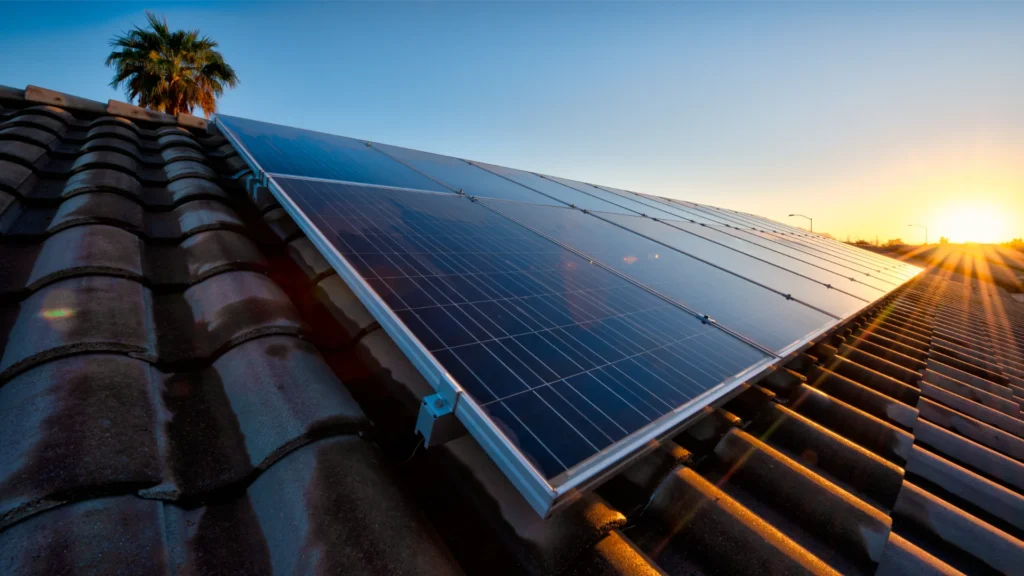
Solar energy has grown exponentially in popularity as more and more homeowners recognize its potential to save money, reduce their carbon footprint, and enhance energy independence. As the demand for clean, renewable energy sources increases, understanding the basics of residential solar systems and solar panel technology becomes increasingly important. In this article, we will discuss the fundamentals of solar power, the components of a residential solar system, and the technologies behind solar panels.

Solar energy refers to the conversion of sunlight into electricity. This is achieved through photovoltaic (PV) cells, which convert sunlight into direct current (DC) electricity. An inverter then converts the DC electricity into alternating current (AC) electricity, which is compatible with home appliances and the power grid.
A residential solar system typically consists of the following components:
Solar panels are made up of photovoltaic cells, which are the key components responsible for converting sunlight into electricity. PV cells are typically made from silicon, a semiconductor material that enables the movement of electrons when exposed to sunlight. There are two main types of solar panel technology:
When selecting solar panels, homeowners must consider factors such as efficiency, cost, and aesthetics. Advances in solar panel technology continue to drive improvements in efficiency and cost-effectiveness, making solar energy more accessible to a wider audience.
Residential solar systems provide homeowners with a clean, renewable energy source that can reduce energy costs and contribute to a more sustainable future. By understanding the basics of solar energy, the components of a residential solar system, and the technology behind solar panels, homeowners can make informed decisions about adopting solar power and taking advantage of its numerous benefits.
The main benefits of installing a residential solar system include reduced electricity bills, increased energy independence, lower carbon footprint, and potential government incentives or tax credits.
The cost of a residential solar system varies depending on factors such as system size, location, and available incentives. On average, a solar system can cost between $15,000 and $25,000 before incentives.
Solar panels typically have a lifespan of 25-30 years, with most manufacturers offering warranties for 20-25 years. However, solar panels will continue to produce electricity beyond this period, albeit at a reduced efficiency.
Solar systems require minimal maintenance, mainly consisting of occasional cleaning to remove dirt, dust, and debris. It’s also a good idea to have your system inspected periodically to ensure optimal performance and address any potential issues.
Solar panels can be installed on most types of roofs, including asphalt shingle, metal, and tile. However, some roofs may require additional structural support or specialized mounting equipment. A solar installation professional can assess your roof and provide recommendations based on its structure and material.
Battery storage is not required but can provide additional benefits, such as increased energy independence and backup power during grid outages. If you live in an area with frequent power outages or prefer to use stored solar energy during nighttime or cloudy days, a battery storage system may be a valuable addition.
Factors to consider when determining if your home is suitable for solar panels include roof orientation, shading, available roof space, and local climate. A solar installation professional can evaluate your home’s solar potential and recommend the best system based on your specific needs.
In many regions, homeowners can participate in a process called net metering, which allows them to sell excess solar-generated electricity back to the grid. Net metering policies vary by location, so it’s essential to research local regulations and utility company policies.
The payback period for a solar system depends on factors such as system cost, electricity rates, and available incentives. On average, a residential solar system can pay for itself in 5-10 years.
While it is possible for homeowners with electrical and construction experience to install a solar system, it’s generally recommended to hire a professional solar installer. This ensures proper installation, compliance with local regulations, and eligibility for incentives and warranties.

How To Know If My Solar System Is Compatible With Current Electrical Setup? Share: Facebook Twitter LinkedIn Pinterest Installing a solar panel system is an
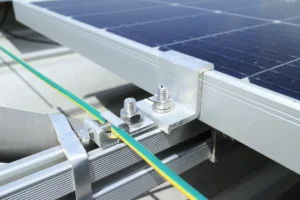
How Do I Ensure That My Solar Panel System Is Properly Grounded? Share: Facebook Twitter LinkedIn Pinterest Properly grounding a solar panel system is crucial
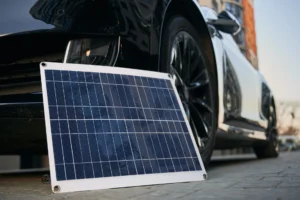
Can I Use My Ev’s Battery To Store Excess Solar Energy? Share: Facebook Twitter LinkedIn Pinterest The utilization of renewable energy sources such as solar
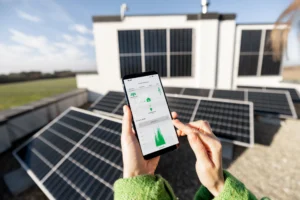
Can I Monitor The Performance Of My Solar Panel System Remotely? Share: Facebook Twitter LinkedIn Pinterest Solar energy is becoming an increasingly popular alternative to

What Is The Difference Between Solar And Photovoltaic? Share: Facebook Twitter LinkedIn Pinterest Solar energy is a topic that has been gaining more attention in
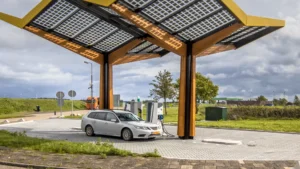
Can I Use Solar Panels To Power My Electric Vehicle? Share: Facebook Twitter LinkedIn Pinterest Can I use Solar Panels To Power My Electric Vehicle?